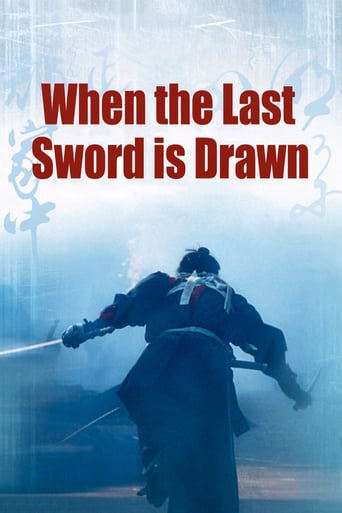


When the Last Sword Is Drawn
Kanichiro Yoshimura is a Samurai and Family man who can no longer support his wife and children on the the low pay he receives from his small town clan, he is forced by the love for his family to leave for the city in search of higher pay to support them.
-
- Cast:
- Kiichi Nakai , Koichi Sato , Yui Natsukawa , Takehiro Murata , Miki Nakatani , Yuji Miyake , Masato Sakai


Similar titles
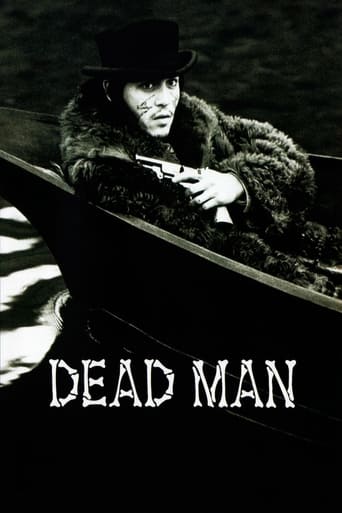
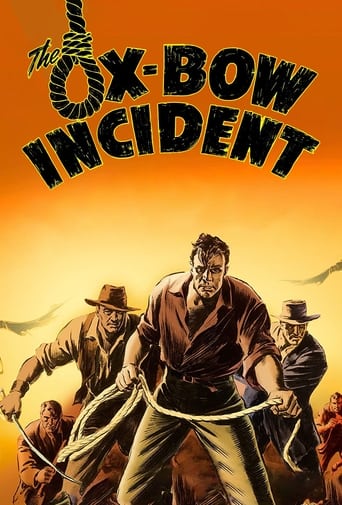
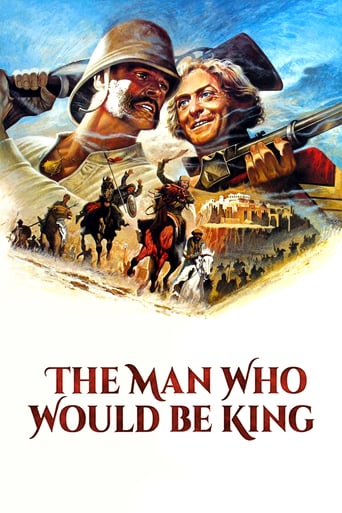
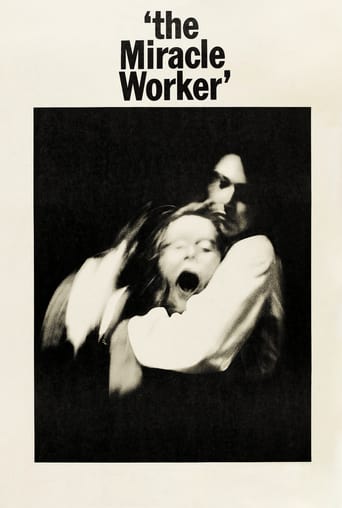
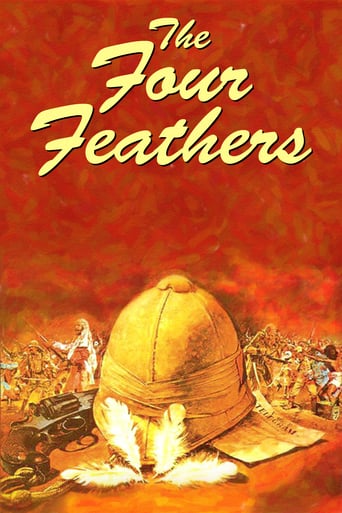

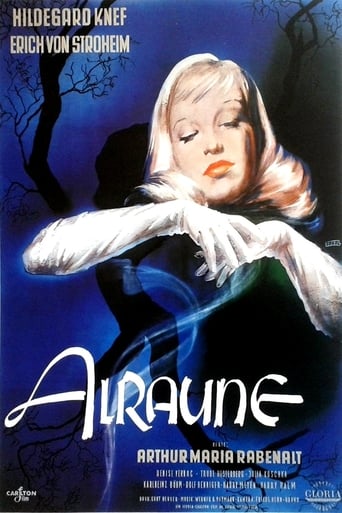
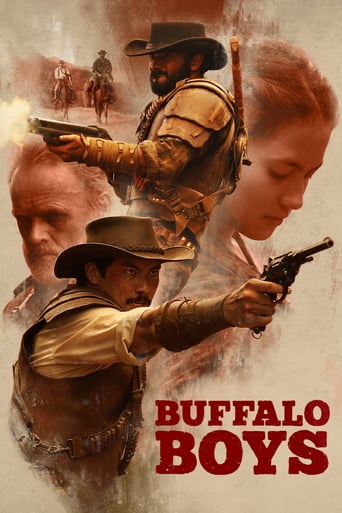

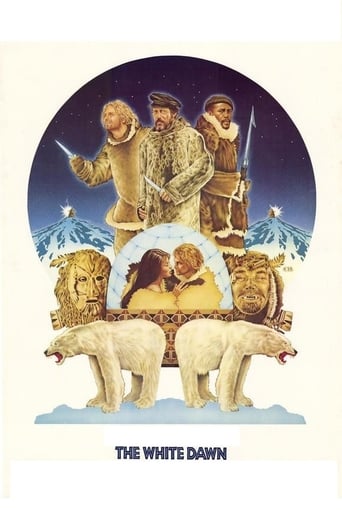
Reviews
The Worst Film Ever
Good concept, poorly executed.
Brilliant and touching
The story, direction, characters, and writing/dialogue is akin to taking a tranquilizer shot to the neck, but everything else was so well done.
I was drawn to this 2003 Japanese film for a variety of reasons. a) it's director Yôjirô Takita was responsible for one of my favourite films in recent years, Departures (Okuribito) b) It's been mentioned in the same breath as the quite stupendous "Twilight Samurai" (Tasogare Seibei) and c) I'm just a sucker for 19th Century end of the Shogunate/ Rise of the Emperor guff.All the ingredients are there in the set-up Yoshimura is a lower class Samurai who is struggling to support his wife and children. He abandons them in search of higher pay to support them and joins the notorious Shinsengumi clan. All the usual themes are here. The nature of honour; the conflict between family loyalty and clan loyalty; the passing of an era.Unfortunately the film is hamstrung by a number of problems. Firstly, there is a level of sentimentality which teeters into the mawkish at times. Secondly, the narrative is framed by a dual character flash-backs which are unconvincing, confusing and jarring. Thirdly, whilst the two lead characters are deliberately set as opposites the performances of the two leads teeter into the realms of Samurai TV soap pastiche. Indeed when you compare them to the Hiroyuki Sanada's poised and subtle performance in the melancholic and restrained Twilight Samurai they fall-down badly.Having said all that it's entertaining enough. Has some solid set-pieces and a suitably authentic feel. But that's just not enough. Ultimately, it's a major disappointment. The poster's great though.
When the Last Sword is Drawn is one of the more interesting depictions of Japan's last generation of samurai. However, this context immediately introduces a problem, because the Boshin War and its implications on Japanese society are not generally understood by non-Japanese audiences. Doctors moving to China, samurai being mowed down by primitive machine guns, the Emperor and the Shogun at war, people being tied to a clan or a 'land'? These elements all play a role in the story, and add to it, but a (superficial) knowledge of them is taken for granted by the director.The movie itself starts off well. The introduction of the characters, their motivations, and their places within the story are handled to-the-point in a series of tightly scripted and edited scenes that switch between present (1899), past and pre-past, so to speak. As the story unfolds, the relations between the characters develop along interesting lines, as motivations become more clear and emotions start to ramp up on all sides.After the Battle of Toba-Fushimi in January 1868, these emotions become somewhat problematic. The melodramatic scenes following this event are drawn out, repetitive and lack the focus and tightness of the first hour or so of the film. In the final sequences, the connection between the past and present is made, and while the 'surprise' did indeed make me grin, I'm not sure it was really necessary to take so long to build up to that one short moment.Nevertheless, this is a film well worth seeing. Kiichi Nakai is excellent as samurai Kanichiro Yoshimura, and Koichi Sato makes a convincing Hajime Saito. Takehiro Murata, Atsushi Ito and Yuji Miyake make for an interesting Ono family, and Sansei Shiomi and Masato Sakai are a great bunch of samurai. Yui Natsukawa isn't on screen for long, but portrays the difficulties of Shizu's position as the wife of the 'traitor' Yoshimura very well indeed. Finally, what's not to like about Miki Nakatani as Nui? Her story as an orphaned and traded-around girl is quite tragic in and of itself, and it was great to see Nui, as a woman, get involved in the main, male-dominated, series of events.
Beginning in 1899, ageing samurai Saito (Koichi Sato) brings his child into a doctor's office. While the doctor's wife tends to the sick child, Saito and the doctor, Ono (Takehiro Murata), begin talking when Saito notices a photograph of his old colleague and master Yoshimura (Kiichi Nakai). Saito begins to tell his story from his first meeting with Yoshimura, a gifted swordsman, during the era of the Tokugawa shogunate. Yoshimura has brought shame on himself by leaving his small town clan after realising he cannot support his family, in order to join the Shinsengumi, a samurai police force that is slowly building a reputation and small army. Seen as a miser and a clown, Yoshimura slowly gains respect due to his loyalty to his clan, and his fresh outlook on life, just as war approaches.Rarely have I seen a movie shift in quality so much as When the Last Sword is Drawn. After a solid, exciting and intriguing first 70 or so minutes, the tone of the film shifts so drastically for the remainder that it threatens to completely ruin what preceded it. Winding down into a seemingly endless conveyor belt of emotional and highly sentimental scenes, the film quite frankly becomes a bore, and often feels like it's trying to desperately squeeze tears out of you. Although the performances are impressive (especially lead Nakai), the script is so chocked full of clichés that this becomes redundant.Yet the film as a whole does have much to admire, as it explores themes of loyalty and family, and asks whether you can ever truly know someone. Sairo and Ono both have their sides of the story to tell, and have slightly conflicting memories of Yoshimura. Often his character can betray his own beliefs, creating conflicts within his personality, whether this is to show how memory can betray you, or the complexity of the human character I don't know, but Yoshimura is a fascinating character, and different to the usual brooding samurai. This would have been a very good film had it been shaved by about thirty minutes, or didn't spend so much time on tearful goodbyes and sentimental monologuing, But director Yojiro Takita is intent, and the film sadly doesn't have the scope or the quality to justify its 140+ running time.www.the-wrath-of-blog.blogspot.com
By far one of the best films I have ever seen.it moved me..... very much so.....anyone who has not seen this should.The film deserves all the credit it can get and more, and serves as a reminder of the difficult Meiji era, loyalty duty and Honor, as well as human sacrifice for a greater good. On a smaller scale, your own family.The film also shows that where some people still think that in Japan showing your feelings is not done, they are gravely mistaken.its beautiful.KM
